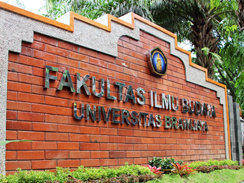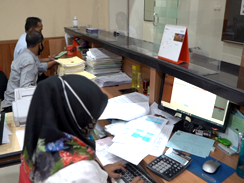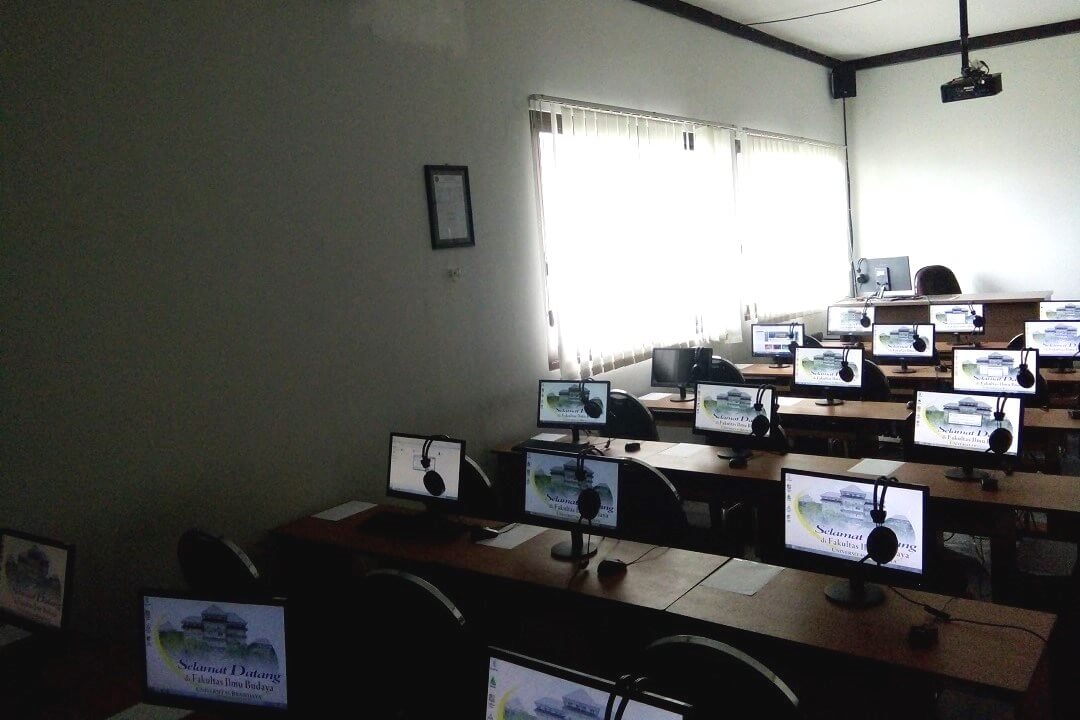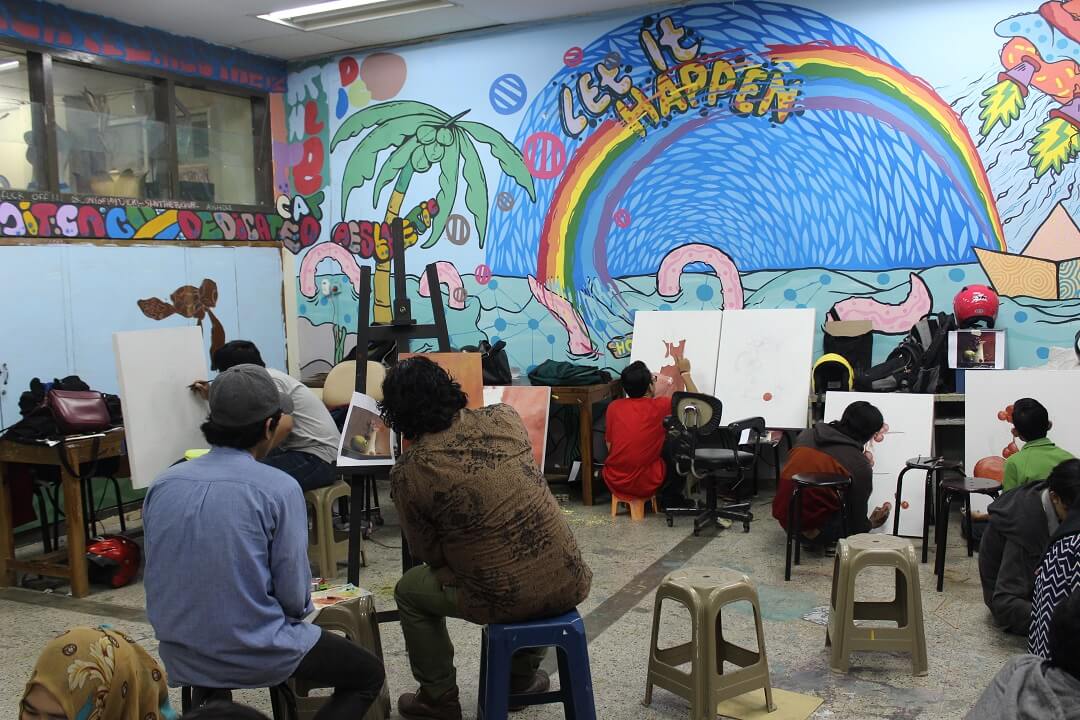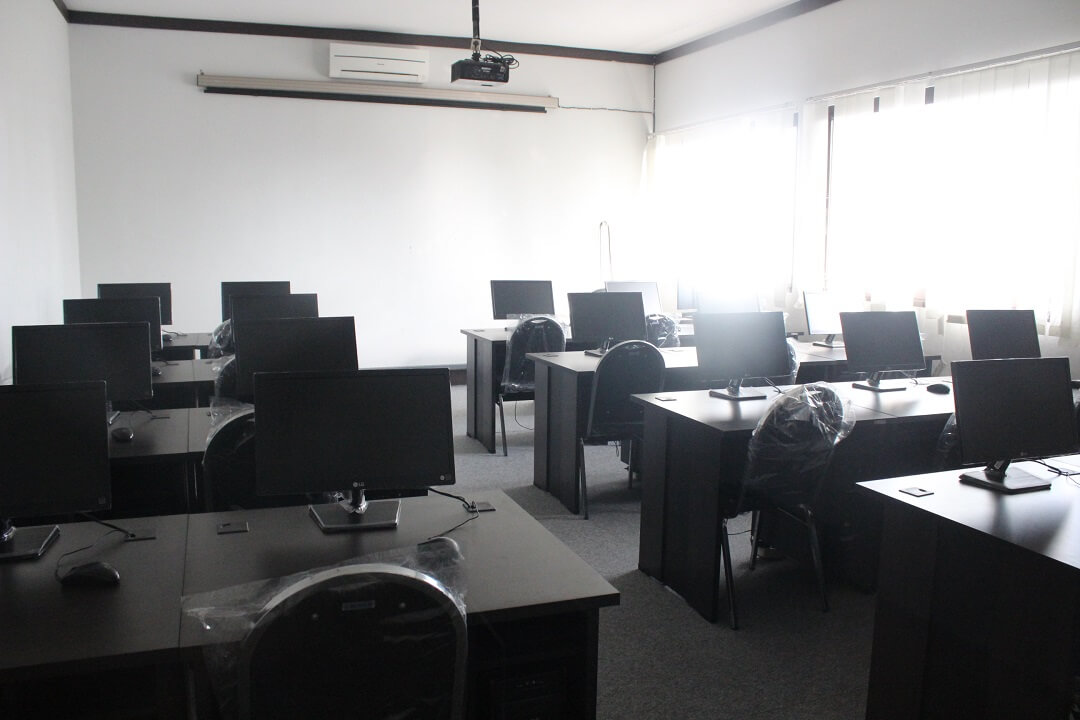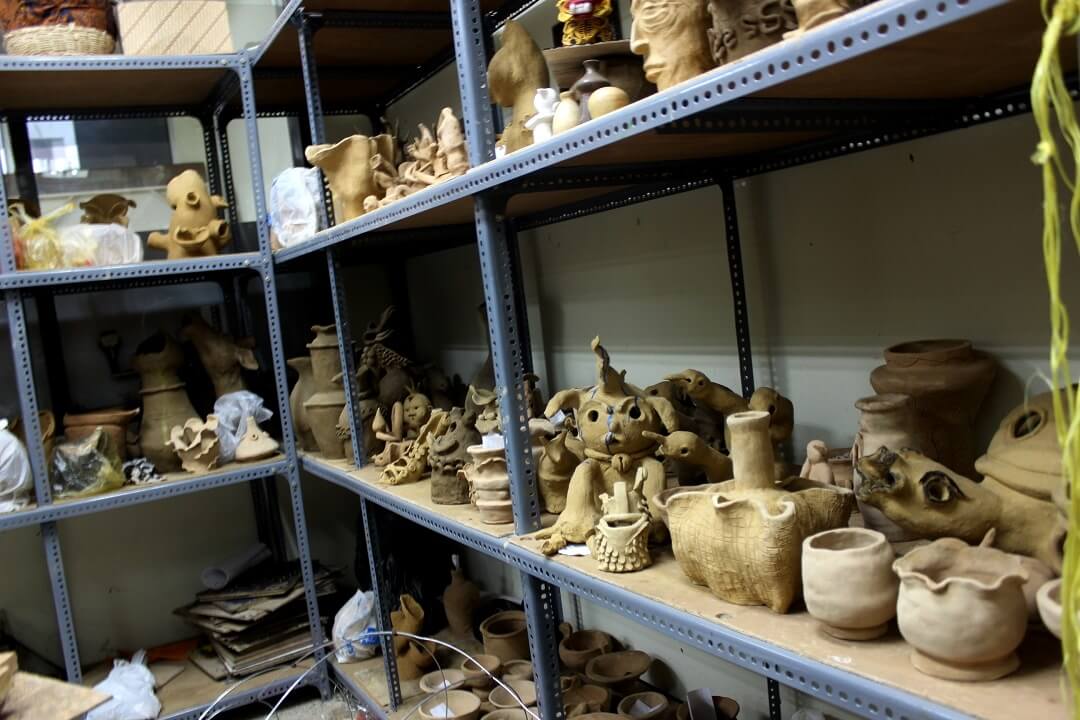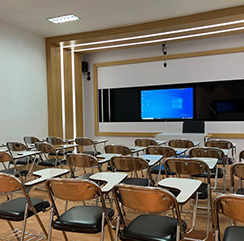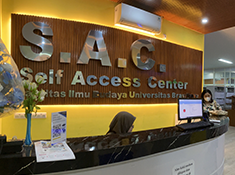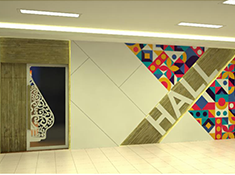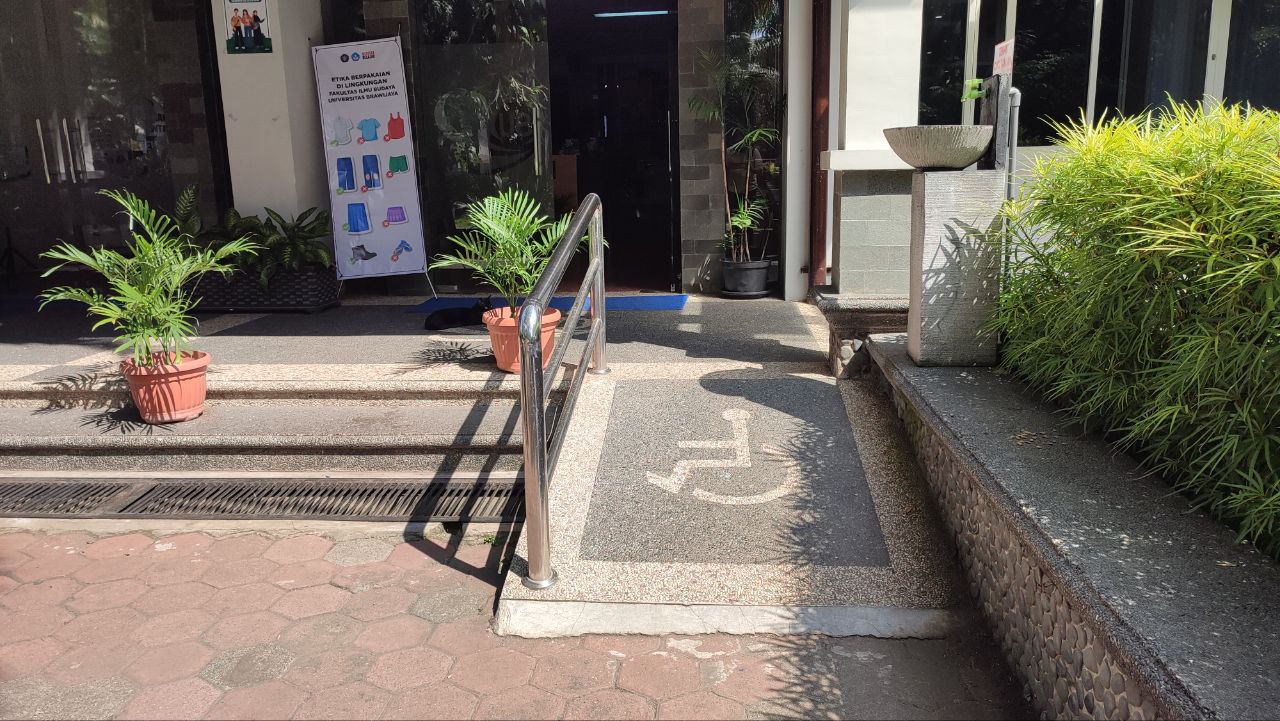Lecturers of SPJL FCS UB Discuss Preparing Collaborative Class for Even Semester 2022/2023
Study Programme of Japanese Literature (SPJL), Faculty of Cultural Studies (FCS) Universitas Brawijaya (UB) held a Collaborative Class SLP (Semester Learning Plan) Preparation Workshop on Thursday (2/2/2023). The two invited speakers, Dr. Putu Dian Danayanti Degeng, S.S, M.Pd. and Dr. Ive Emaliana, S.Pd, M.Pd., assisted SPJL lecturers in preparing Collaborative Class SLP.
The first material was delivered by Dr. Putu Dian Danayanti Degeng, a lecturer of SPELE FCS UB. Dr. Degeng, usually addressed as Anya, carried the theme “SLP Preparation Explanation and Collaborative Classes”. Anya explained about the model and the teaching method of the Collaborative Class.
Collaborative Classes implement method of teaching where the lecturer acts more as an observer and problem-provider. The lecturer is no longer present as an “omniscient” figure, but as a kind of moderator who invites students to see, understand, and give more opportunities to the student to try solving the problems or cases in daily phenomena. In her presentation, Anya explained that the learning model can be divided into three types, namely Problem-Based, Case-Based, and/or Project-Based.
Case-Based model is a learning model in which the lecturer equip students with theory and materials in which students discuss and solve the problems to implement the given theories. A little different with the Case-Based model, in Problem-Based model, the lecturers provid concrete problems in society and that students try to directly identify the problems and discuss to provide solutions. On Problem-Based model, the lecturer provides material and theory after identifying the problem.
Lecturers of SPJL FCS UB after Undergoing Collaborative SLP Workshop
In the Project-Based learning model, students will be provided with material and theory first. Then the students will be required to make output in the form of goods and services that can be used by the general public. What’s interesting is Project-Based, it can be used as a substitute for the final examination.
Anya hopes that the lecturers can provide learning options for students. This is important to do to stimulate students to be more active in lecture activities. For example, if students like to write, they can be given the task to write articles. If the students like to talk, they can perform task on making a video for social media. The two activities can be used as indicators for student learning outcomes.
The next session was a material presentation from Dr. Ive Emaliana, S.Pd, M.Pd. A lecturer of SPELE FCS UB, who is familiarly called Ive. She explained her experiences and reviews on SLP. In this event, SPJL lecturers were divided into several Teaching Teams according to the subjects taught. After the SPJL lecturers discussed their SLP, Ive then gave her brief review on the SLPs presented by each team.
Ive also explained the importance of self-evaluation in the Collaborative Class. This self- evaluation is carried out by the teachers to evaluate the materials level of the course. If many students get low scores, the course can be difficult for the students. On the other hand, if the students have high marks, it can be questioned if the course is too easy.
This Collaborative Class encourages lecturers and students to always explore the theories, themes, and material in the course. In addition, this Collaborative Class model encourages lecturers and students to always provide theories, themes, and proper lecture material so that students can find correlations with everyday realities and situations. It is hoped that this Collaborative Class will keep knowledge updated and well developed, whilst students are encouraged to become active learning subjects and to always have a heutagogy perspective (to be independent learners). [SPJL/trans.dts/ed.vidya/PR FCS]

 Indonesia
Indonesia

